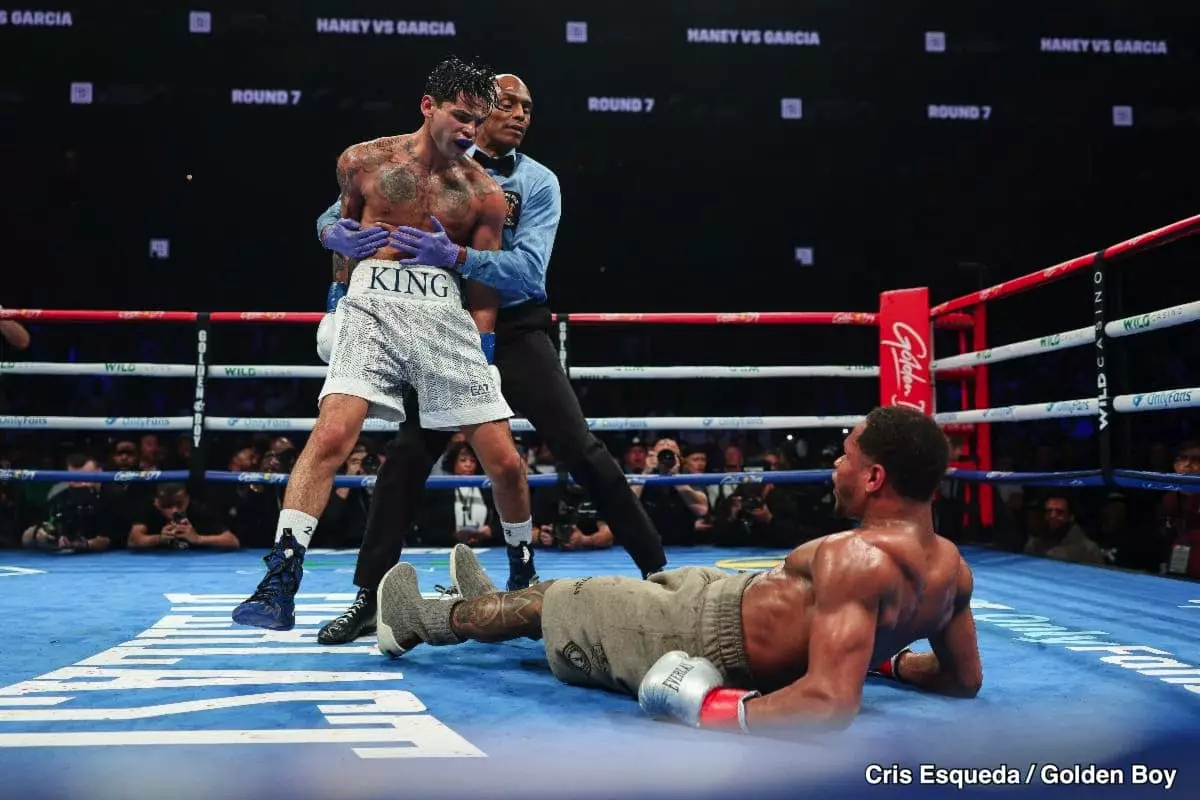In a shocking revelation, boxing sensation Ryan Garcia admitted that his eccentric behavior leading up to his fight against Devin Haney was nothing but an elaborate charade. By intentionally portraying himself as unhinged and unpredictable, Garcia managed to deceive not only the media and fans but also his opponent and his team. This bold tactic raises questions about the boundaries between gamesmanship and manipulation in the world of professional sports.
Garcia’s confession that he had premeditated his erratic behavior for months sheds light on the power of perception in the age of social media. By strategically manipulating his online persona, Garcia was able to plant seeds of doubt in the minds of his opponents and create a mystique around himself that worked to his advantage in the ring. This calculated move raises important questions about the authenticity of athletes’ public personas and the impact of these personas on the outcomes of their matches.
While Garcia’s trolling tactics may have ultimately helped him secure a victory over Haney, the potential long-term consequences of such behavior are worth considering. By playing into the narrative of being a wild card, Garcia risked alienating fans and damaging his reputation as a serious athlete. Additionally, the revelation that his behavior was all part of a carefully orchestrated plan may lead to skepticism and distrust among boxing enthusiasts, questioning the authenticity of his future performances.
Garcia’s admission that he was deliberately misleading in the lead-up to his fight raises ethical concerns about the line between gamesmanship and dishonesty in sports. While psychological warfare has long been a part of combat sports, the extent to which athletes should be allowed to deceive their opponents and the public is a contentious issue. The fallout from Garcia’s revelation serves as a cautionary tale about the potential risks of engaging in such deceptive tactics for short-term gains.
Ryan Garcia’s admission of trolling his way to victory against Devin Haney raises complex questions about the role of deception in sports and the ethical boundaries that athletes must navigate. While his tactics may have achieved the desired outcome in the short term, the long-term implications of such behavior remain uncertain. As fans and critics continue to grapple with the fallout from Garcia’s revelation, one thing is clear: the art of deception in sports is a high-stakes game with unpredictable consequences.

